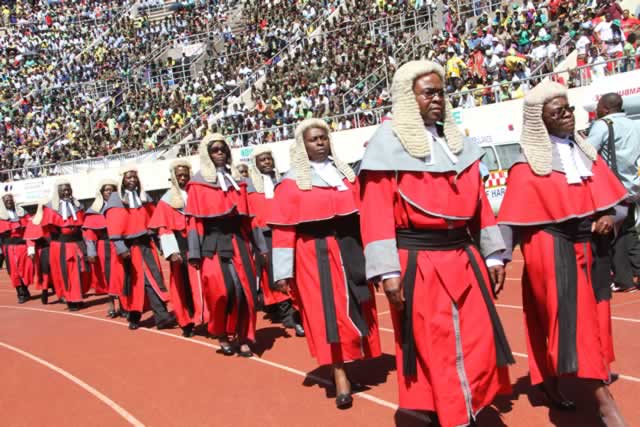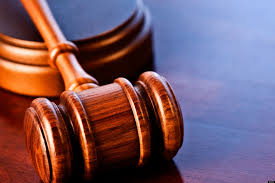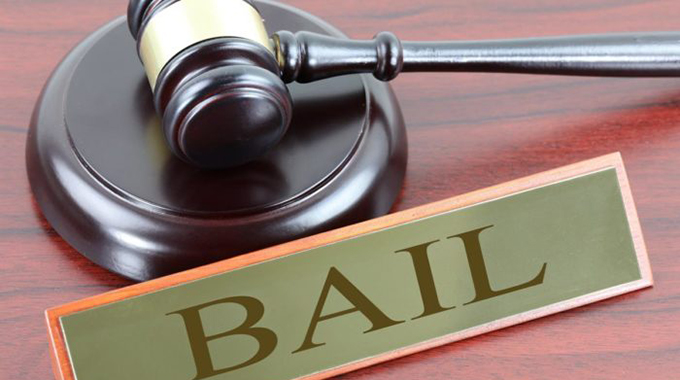Judges’ training on cards

Daniel Nemukuyu Senior Court Reporter
THE International Commission of Jurists in conjunction with the University of Cape Town, will soon start offering judicial training courses to judges in Africa as a way of improving the quality of justice accessible in the continent. Addressing judges at a just ended Southern African Chief Justices’ Forum conference and annual general meeting in Victoria Falls, ICJ representative Mr Arnold Tsunga, said the commission had partnered the South African university to offer training on areas that required sharpening of the judges’ skills.
“The ICJ has now entered into a strategic partnership with the University of Cape Town (Democracy Governance Rights Unit) DGRU so that we can be a good resource to the judiciaries in Africa in various areas where competencies and skills need to be honed in a systematic and sustained way,” he said.
Mr Tsunga said certificates would be offered for the courses and Chief Justices in the continent would be asked to send their judges for training on various crucial issues.
“In due course there will be space where you Honourable Chief Justices, can send your judges for certificated ICJ-DGRU short courses on judicial craft-ship.
“This is a valuable addition to the work that we will continue to do with the SACJF going into the future,” said Mr Tsunga.
Mr Tsunga hailed the Judicial Service Commission and other stakeholders that contributed to the success of the conference.
He described the conference as the best in the history of the SACJF.
“Congratulations to the secretariats of the SACJF, Judicial Service Commission and International Commission of Jurists who worked round the clock to make this event a success.
“Congratulations to them for organising what is probably the best Annual conference that I have ever witnessed in the eight years that the ICJ has worked consistently with the SACJF to organise.
“Honourable Justice (Rita) Makarau and your organising team, I say well done indeed!” he said.
The ICJ, Mr Tsunga said, was an organisation of eminent judges and jurists with a global presence working to advance the understanding of and respect for the rule of law, as well as the protection of human rights throughout the world.
It was established in 1952 and it is made up of some 60 eminent jurists representing different justice systems throughout the world, and has national sections and affiliated organisations in all regions of the world.
The ICJ has consultative status at the United Nations Economic and Social Council, the United Nations Education Scientific and Cultural Organisation, the Council of Europe and the African Union.
The organisation also cooperates with various bodies of the Organisation of American States and the Inter-Parliamentary Union.
The ICJ promotes and protects human rights through the rule of law, by using its unique legal expertise to develop and strengthen national and international justice systems.
Active on five continents, the ICJ aims to ensure the progressive development and effective implementation of international human rights and international humanitarian law; secure the realisation of civil, cultural, economic, political and social rights; safeguard the separation of powers; and guarantee the independence of the judiciary and legal profession.









Comments